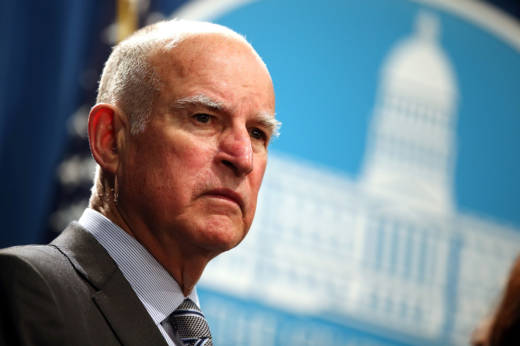Governor Jerry Brown Tuesday named his first 14 appointments to County Superior Courts. And the governor's choices defy the typical judicial profile.
Today, the California judiciary is overwhelmingly male and more than 70 percent white. But Governor Brown's first appointments in seven counties reflect an effort to change that.
More than half of his new appointees are minorities, including Raquel Marquez, who becomes the first Latina judge in Riverside County. Marquez has 20 years of experience in the County District Attorney’s office.
Traditionally governors tend to favor judicial applicants with experience as prosecutors, like Marquez. Public defenders and defense attorneys need not apply.
But six of Brown’s new appointees do have experience as defense attorneys. That includes 41-year-old Shelyna V. Brown, an African American woman who worked in the Santa Clara County Public Defenders Office since 1997. Another appointee, Michelle Williams Court in Los Angeles, worked for a time with the ACLU of Southern California. And unlike Governor Schwarzenegger, who named both Republicans and Democrats to the bench during his time in office, all but one of Brown's Tuesday appointees are Democrats, with one who declines to state a party affiliation.
Taken together with his appointment of UC Berkeley law professor Goodwin Liu to the State Supreme Court earlier this year, Brown seems to be opening new paths to the bench. There are nearly 50 more vacancies throughout the state, so Brown will have plenty more opportunity to reshape the courts.

